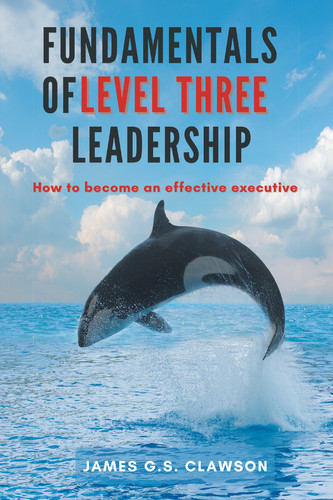Concept
Many researchers have described the importance of first impressions and the sense of what it is like in someone’s presence. Without speaking, people project a kind of aura about who they are and what they are feeling. This aura is no doubt a composite assessment of dress, grooming, posture, gestures, facial expressions, eye focus, and more. We observe from across a crowded room or within speaking distance or in conversation. One’s aura can come across even on film and on long-distance virtual meetings.
An effective leader projects a presence that signals confidence, calm, understanding, power, and control. Less effective would be signals of fear, nervousness, confusion, weakness, and lack of control. How does one develop a leadership presence?
Confidence comes from expertise. If you know your subject, if you have done your homework, if you can anticipate the likely questions or concerns, the odds are you will feel confident in the presence of others. People new in their roles, people in minorities, and those who have not prepared adequately often feel nervous—and they project that nervousness in tiny signals on the channels mentioned above. Doing your homework and being even over-prepared is, in my experience, critical to feeling and therefore projecting confidence. Whenever you find yourself saying, “Hmm, this is okay, I can wing it,” be careful! People will smell your nervousness and that invites probing questions, concerns, and lack of follower confidence.
Calmness is reassuring to listeners. Emotionality may well have roots in brain chemistry (and therefore genetics), reactions to diet (caffeine, etc.), and underlying VABEs (like “I have to be perfect.”). That said, one can develop calmness in life—in fact this is often the focus of therapy sessions, behavioral counseling that examines underlying VABEs and unrealistic self-expectations. But you can work on your calmness in a number of ways: slowing down your speech, focusing your eye contact, monitoring any nervous tics you may have, removing useless phrases from your speech (e.g., like, um, you know) exercising, and meditating. People want to follow those who project a calm air of understanding and control, not those who are fidgety, ill-at-ease, and worried.
Your understanding of a situation will be reflected in your demeanor. Again, the importance of doing your homework, of developing your own reasoned opinions on how to manage a subject, of having ingested all the available data and analyzed it is critical here. Experience is important in understanding the world. That said, age is no guarantee of wisdom. Many live the same daily experiences over and over again and learn nothing new as the world changes around them. For them, their words and behavior lend an impression of out-of-touch or clueless.
Power and control project confidence to listeners. When a leader can outline the critical elements of a situation (remember “Do you SEE what needs to be done?” as part one of the Leadership Point of View?), explain the root causes, and describe a relatively simple plan of action (steps 2 & 3 of the LPV), people feel reassured that the person in charge knows what they are doing.
Example
During the U.S. presidential campaign of 2016, one candidate was asked how he would handle Aleppo, the Syrian city then submerged in civil war among multiple factions. The candidate expressed a perplexed look and said, “What’s Aleppo?” That short incident was viewed around the world and greatly contributed to undermining that candidate’s credibility.
Pick your favorite debate between competing political candidates. Observers and commenters will immediately home in on their presence. Which one projects the better presence? Which one behaves more leader-like? Often, the content of their messages is overshadowed by the unspoken nature of how they present themselves to the world. Presence.
Diagram

1. Ask a few people who know you well to write down a few words that describe your presence, anonymously if they wish.
2. Describe your feelings about running for school, business, or political office. Why did you run/not run?
3. How much of your presence is based on the fear of rejection from others? How can you manage that fear?
4. Watch people in the meetings that you attend. Who has leadership presence and who doesn’t? What is it about them that lends that impression? What can you do to emulate those characteristics?
5. Rate yourself on the speed of your speech. How does your talking pace affect your influence?
6. Go on YouTube and find someone with leadership presence and someone without.
